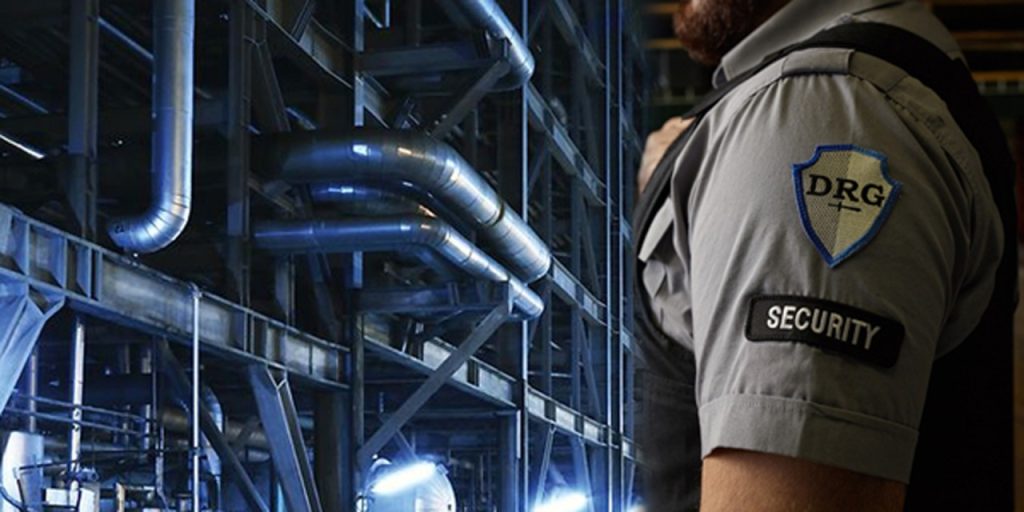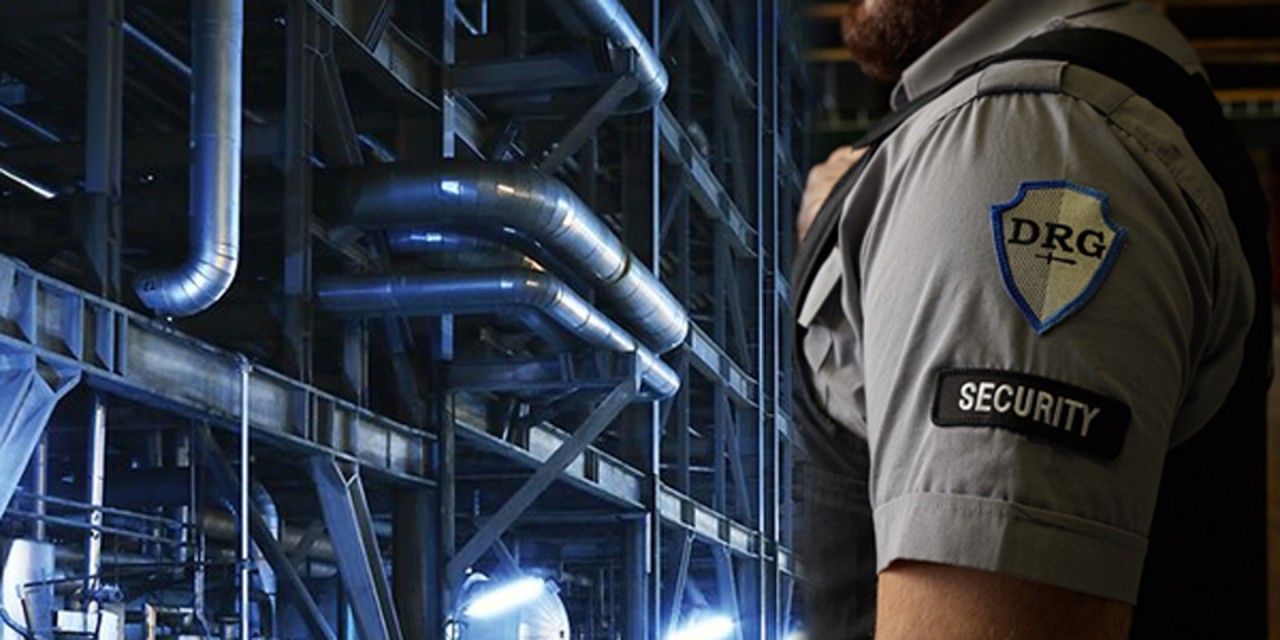If you’re considering a career in the UK security industry, obtaining an SIA (Security Industry Authority) license is a key step. The SIA license is required by law for individuals working in roles such as security guarding, door supervision, CCTV operation, and close protection. This guide will walk you through everything you need to know about how to get SIA licensed, from eligibility requirements to passing the necessary training and background checks.
1. What Is an SIA License and Why Do You Need It?
The Security Industry Authority (SIA) is a UK government body responsible for regulating the private security industry. The SIA ensures that only qualified individuals are granted the responsibility of protecting people, property, and assets. Holding an SIA license demonstrates that you have met the required standards for training and background checks, and it’s a legal requirement for many security roles.
The license applies to a range of roles, including:
- Door supervisors (who work in licensed premises like bars and nightclubs)
- Security guards (who protect businesses, offices, or construction sites)
- CCTV operators (who monitor security cameras)
- Close protection officers (bodyguards)
Without an SIA license, you cannot legally work in these roles, so understanding the process is essential.
2. Step-by-Step Process for Getting SIA Licensed
The process of obtaining your SIA license involves several steps, from determining your eligibility to submitting your application.
Step 1: Determine Your Eligibility
Before you can apply for an SIA license, it’s important to check that you meet the basic eligibility requirements. The key criteria are as follows:
- Age: You must be at least 18 years old.
- Right to Work in the UK: You must have the legal right to work in the UK, either through citizenship, permanent residency, or a work visa.
- Criminal Record: While having a criminal record doesn’t automatically disqualify you from getting an SIA license, certain types of convictions, particularly those related to violence, dishonesty, or drug offences, can affect your application. The SIA conducts a criminal record check as part of the licensing process and reviews applications on a case-by-case basis.
Step 2: Complete the Required Training
The next step is to complete the required training course for the specific type of security role you are interested in. Each SIA license type has its own set of training requirements. Here’s a quick overview of the main types of SIA licenses and their associated training:
- Door Supervision: This course covers areas such as conflict management, physical intervention skills, and customer service. It usually lasts around four days.
- Security Guarding: The training focuses on patrolling, guarding, and working within the law. It’s typically a three to four-day course.
- CCTV Operation: This course teaches you how to monitor and operate CCTV systems in compliance with data protection laws.
- Close Protection: This is a more intensive course, usually lasting up to three weeks, covering areas like personal protection techniques, risk assessment, and defensive driving.
All SIA training courses must be delivered by an approved provider. The course usually includes both theoretical and practical elements, with an exam at the end. To pass, you must demonstrate your competence in the subject areas covered.
Step 3: Get a Criminal Record Check
As part of the application process, the SIA will conduct a criminal record check to assess whether you are fit to hold a license. They will look for any convictions, warnings, or cautions, particularly for offences related to violence, dishonesty, or drug-related crimes.
If you have a criminal record, it’s important to be upfront about it when applying. The SIA reviews each case individually and considers factors like the type of offence, when it occurred, and whether you’ve shown signs of rehabilitation.
In some cases, applicants with minor offences or older convictions may still be granted a license. However, serious offences or recent criminal activity are likely to result in your application being denied.
Step 4: Apply for the SIA License
Once you’ve completed your training and your criminal record has been checked, you’re ready to submit your SIA license application. You can do this online through the official SIA website. The application process involves:
- Creating an account on the SIA website
- Completing the application form with your personal details and employment history
- Submitting proof of identity (such as a passport or driving license)
- Paying the application fee, which is currently £190
The SIA will also verify your right to work in the UK as part of the application process.
Once your application is submitted, you will receive a confirmation email. The SIA aims to process most applications within 25 working days, although it can take longer if there are complications, such as further checks needed on your criminal record.
Step 5: Await the Decision
After you’ve submitted your application, the SIA will process it and review all of the information provided. If everything is in order, and you meet all of the eligibility requirements, you will receive your SIA license in the post.
The license is valid for three years, after which you will need to renew it. It’s important to keep your license up to date, as working without a valid license is illegal and can result in fines or even imprisonment.
3. Tips for a Successful SIA License Application
- Be Prepared for Your Training: The SIA training courses require focus and commitment. Make sure you arrive prepared and take the course seriously. Brush up on your knowledge of security practices, particularly if you’re new to the industry.
- Keep Your Documentation Handy: When applying for your SIA license, you’ll need to provide various forms of ID, including proof of your right to work in the UK. Having these documents ready in advance will help speed up the process.
- Be Honest About Your Criminal Record: If you have a criminal record, it’s best to disclose it upfront rather than hoping it will go unnoticed. The SIA appreciates honesty, and your case will be considered fairly.
- Stay on Top of Deadlines: If you’re already working in the security industry, don’t let your license expire. Make sure to renew it well before the three-year mark to avoid any disruptions to your career.
4. What Happens After You Get Your License?
Once you’ve received your SIA license, you’re legally allowed to work in your chosen role. Many security companies in the UK will only hire individuals who are SIA licensed, so this can open up a range of employment opportunities. Additionally, holding an SIA license shows that you are a trusted professional, which can help you advance in your career.
Conclusion
Getting your SIA license is an essential step for anyone looking to work in the UK’s security industry. By following the steps outlined in this guide, you’ll be well on your way to obtaining your license and starting a rewarding career. Remember to complete the necessary training, submit an honest application, and maintain your license to stay compliant with the law.

